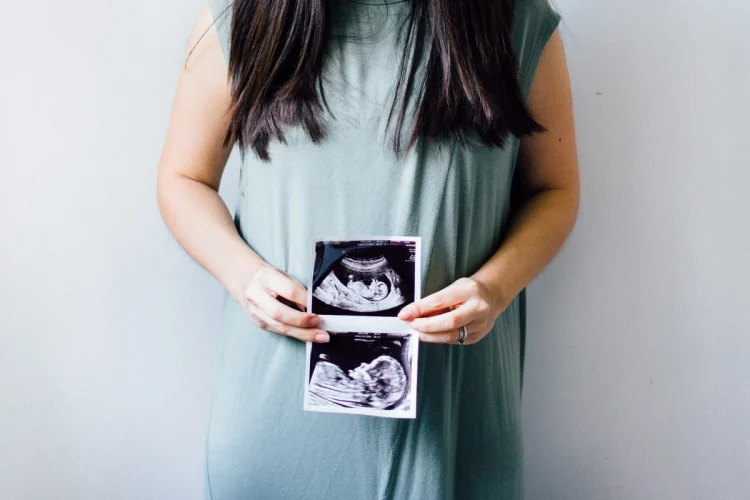The 20-week scan, also known as the anomaly scan, is a routine ultrasound examination that is performed at around 20 weeks of pregnancy. This scan is an important part of prenatal care as it checks for any physical abnormalities in the developing fetus. While most parents hope for good news at this scan, there is always a chance that something could be wrong. In this article, we will explore how common it is to receive bad news at the 20-week scan.
What is the 20-Week Scan?
The 20-week scan is a detailed ultrasound examination that is performed to check the baby’s growth and development. During the scan, the sonographer will examine the baby’s organs, bones, and tissues to ensure that everything is developing normally. They will also check the placenta, amniotic fluid levels, and the position of the baby in the uterus.
The 20-week scan is an important part of prenatal care as it can detect many physical abnormalities in the developing fetus. Some of the conditions that can be detected include spina bifida, cleft lip and palate, heart defects, and limb abnormalities. If any abnormalities are detected during the scan, further testing may be required to confirm the diagnosis.
How Common is Bad News at the 20-Week Scan?
While most parents hope for good news at the 20-week scan, there is always a chance that something could be wrong. According to a study published in the Journal of Obstetrics and Gynaecology, approximately 3% of pregnancies have a major fetal abnormality detected at the 20-week scan. This means that for every 100 pregnancies, 3 will have a major abnormality detected.
It is important to note that not all abnormalities detected at the 20-week scan are serious. Some may be minor and may not require any treatment. However, some abnormalities may be life-threatening or may require surgery after birth.
What Happens if Abnormalities are Detected?
If abnormalities are detected during the 20-week scan, further testing may be required to confirm the diagnosis. This may include additional ultrasound scans, blood tests, or amniocentesis. Amniocentesis is a test where a small sample of amniotic fluid is taken from the uterus and tested for genetic abnormalities.
If a serious abnormality is detected, parents will be given information about the condition and the options available to them. These options may include continuing with the pregnancy, terminating the pregnancy, or preparing for the birth of a baby with special needs.
Coping with Bad News at the 20-Week Scan
Receiving bad news at the 20-week scan can be devastating for parents. It is important to remember that you are not alone and that there is support available. Many hospitals have specialist fetal medicine units that provide support and advice for parents who have received bad news.
It is also important to take care of your mental health during this time. This may involve talking to a counselor or therapist, joining a support group, or taking time off work to process your emotions.
Conclusion
In conclusion, while most parents hope for good news at the 20-week scan, there is always a chance that something could be wrong. Approximately 3% of pregnancies have a major fetal abnormality detected at the 20-week scan. If abnormalities are detected, further testing may be required to confirm the diagnosis, and parents will be given information about the condition and the options available to them. Receiving bad news at the 20-week scan can be devastating for parents, but it is important to remember that there is support available.



